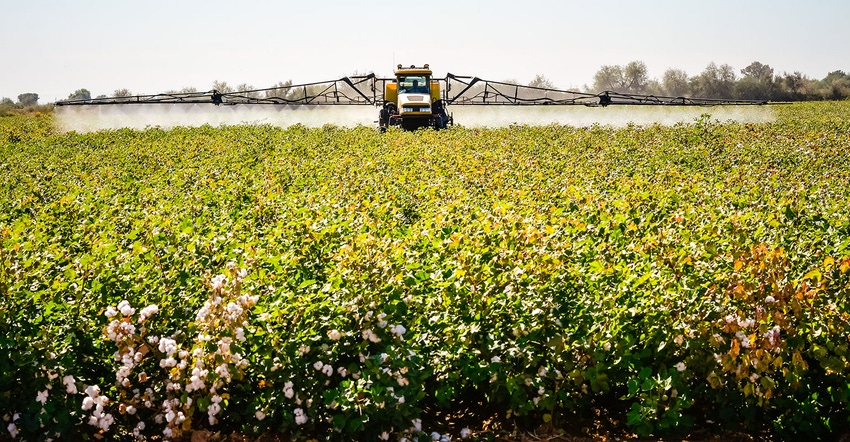June 17, 2020

The American Farm Bureau Federation, American Soybean Association, National Cotton Council of America, National Association of Wheat Growers, National Corn Growers Association, and National Sorghum Producers have filed an amicus brief with the Ninth Circuit Court of Appeals supporting EPA’s position against the Center for Food Safety petition that seeks to invalidate EPA’s dicamba existing stocks order and hold the agency in contempt.
The grower coalition’s brief, filed June 16, makes a case for farmers caught in a highly frustrating and costly situation amid prime planting season and the narrow weed-control window: “Neither a midseason cancellation nor a vacatur unplants a seed, retroactively tills a field, or clears a storehouse of products purchased for lawful use under the prior registration.”
America’s soybean and cotton growers have invested an estimated $4.28 billion in seed and hundreds of millions on herbicides, including Xtendimax, Engenia, and FeXapan, which were banned by the court order. An estimated 64 million acres of dicamba-tolerant seed is already in the ground with no viable weed control alternative that can realistically be deployed over the next several weeks. Expected yield loss for soy and cotton is as high as 50%, with respective losses estimated at as much as $10 billion for soybean growers and $800 million for sorghum growers.
Granting the petitioners’ requested relief would:
plunge the agricultural community back into the widespread uncertainty and confusion it experienced in the period between the court’s vacatur and EPA’s Cancellation Order, and
set a damaging precedent, short circuiting the proper administrative and judicial review framework that Congress prescribed for existing stocks under FIFRA.
Investments and planting decisions have been made, and most planting has been completed—all based on the realistic expectation that over-the-top application of these dicamba products would be possible through the growing season. The court should respect EPA’s expertise in managing existing stocks of these formerly registered pesticide products and deny the emergency motion pending against EPA.
Source: American Soybean Association, which is solely responsible for the information provided and is wholly owned by the source. Informa Business Media and all its subsidiaries are not responsible for any of the content contained in this information asset.
Read more about:
DicambaYou May Also Like




